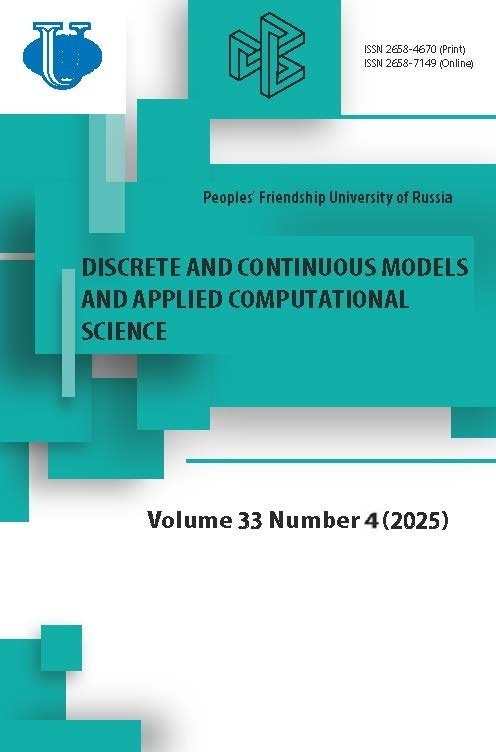Illness Severity Classification Based on Artificial Neural Networks
- Authors: Molodchenkov AI1, Fralenko VP2, Khachumov VM1
-
Affiliations:
- Institute for Systems Analysis
- Ailamazyan Program Systems Institute
- Issue: No 2 (2014)
- Pages: 150-156
- Section: Articles
- URL: https://journals.rudn.ru/miph/article/view/8355
- ID: 8355
Cite item
Full Text
Abstract
The task of automatic classification of illness is very important since its solution greatly facilitates the work of a physician in a large amounts of data analysis and diagnosis. There are different approaches to solving this problem. One of them involves the use of production rules. Production rules empower knowledge representation in clinical medicine and effective in building diagnostic systems. Noting the prospects of applying production rules, however, it should be noted that the decision on the basis of their high complexity real problems requires large amounts of computation and restructure a system of rules at change of problem conditions. At the same time, as an effective alternative tool to analyze complex situations and classifications artificial neural networks (ANN) are widely used, which allow to perform the recognition and diagnosis of various phenomena and high complexity objects by training. This paper studies the possibility of using different neural networks to analyze an illness severity on the basis of precedential information. In particular, the problem of determining the severities of acute intervertebral disc protrusion and of acute acute asthma are solved. In order to improve recognition, the training set is expanded by creating additional precedents that that do not contradict the terms of the problem.The artificial neural networks of various configurations and with different activation functions are used: single-layer and multilayer perceptrons.
About the authors
A I Molodchenkov
Institute for Systems Analysis
Email: aim@isa.ru
V P Fralenko
Ailamazyan Program Systems Institute
Email: alarmod@pereslavl.ru
V M Khachumov
Institute for Systems Analysis
Email: vmh48@mail.ru
References
Supplementary files















